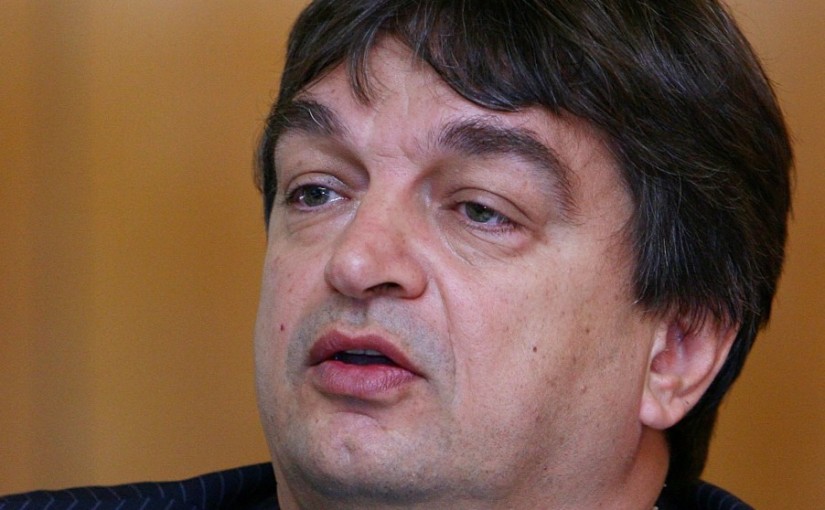By Andrew Warshaw
January 16 – One of FIFA’s most prominent former administrators Jérôme Champagne (pictured) has broken a two-year silence by issuing a hard-hitting assessment of why world football’s governing has become embroiled in such controversy and what steps it should now take to regain global credibility.

